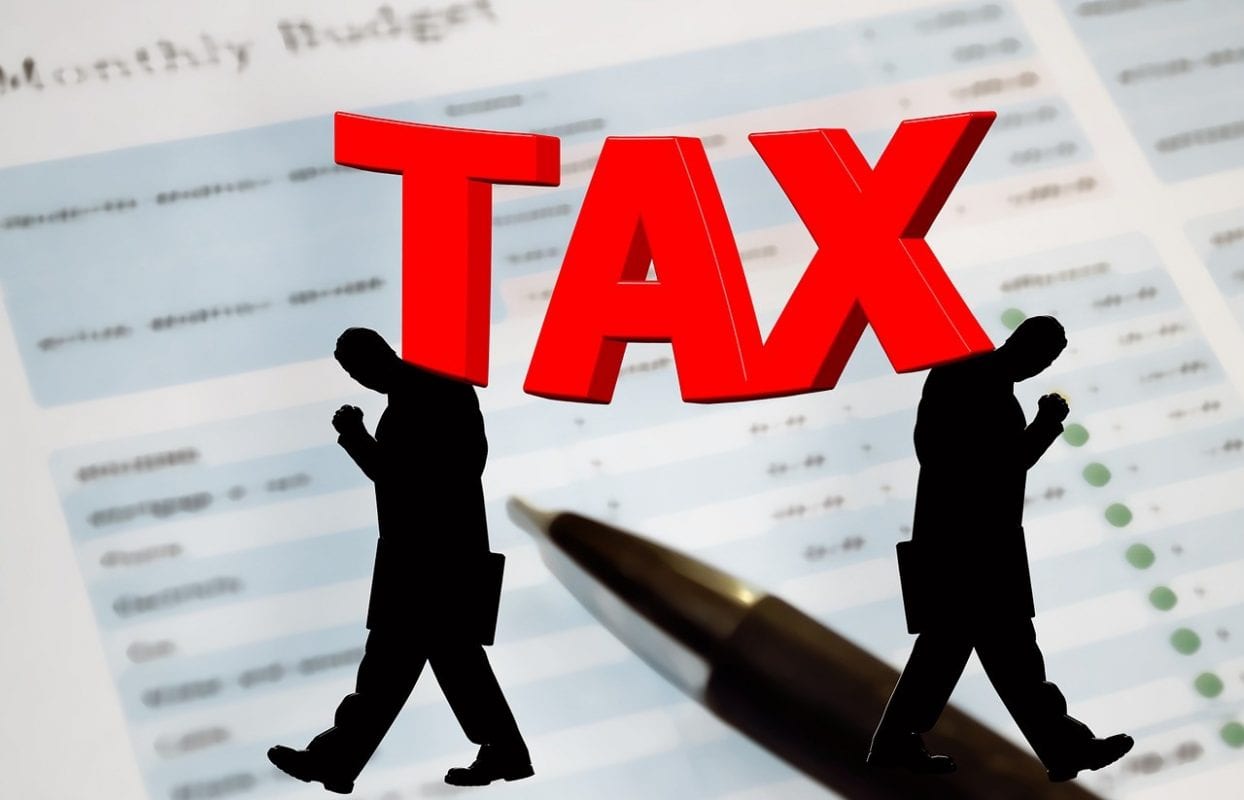When you’re working in the UK some helpful tax tips for expats and non-residents will help you maximise your tax refund when you leave the country. Working abroad can bring a whole host of opportunities; you get to experience a new culture, it looks good on your CV and you may even get to learn a new language. As well as all these positives, another consideration is that you may be eligible for tax relief whilst working overseas.
Tax Tips for Non Residents
Non Residents working in the UK can pay more tax
If you work overseas for any length of time, then you will need to get to grips with your financial situation so you don’t end up paying more than you need to in taxes.
Normally, if you work for a UK company but you work overseas, you are still classed as a UK resident for UK for tax purposes. This means that in the same way as if you were working in the UK, anything that you earn whilst working overseas will be subject to UK tax. This does also mean that you will receive the same tax allowances that you would if you were working in the UK.
If you’re a UK expat working overseas, your overseas employer may tax you on top of the UK taxes however you will be credited for this back in the UK.
If you are going to be working overseas then you will need to let HM Revenue and Customs know so that your tax can be calculated accordingly. Once you have secured your position you will need to fill in Form P85 and send it to your local tax office – this will help you avoid any problems with foreign taxation that may arise.
After leaving the UK you will be eligible to file a UK tax return and claim back any tax that you have overpaid and are due back. This is the same for UK residents who leave to work overseas or for non residents who have worked in the UK and return home or move on to another destination.

